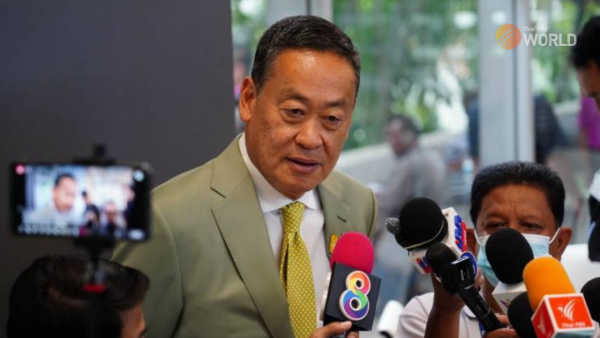Central bank assures Thai banking system remains resilient despite S&P downgrade

The Bank of Thailand (BoT) says that the Thai banking system has undergone regular stress tests and remains resilient, with a high level of capital buffers to help it to withstand risks and uncertainties, despite S&P Global Ratings’ downgrading of four of Thailand’s commercial banks.
S&P downgraded ratings of Siam Commercial Bank and Kasikorn Bank, from BBB+ to BBB, and Krungthai Bank and TMB Thanachart Bank, from BBB to BBB-.
The ratings agency said systemic risk for Thai banks has risen and high leverage among borrowers, amid rising household debt, is likely to persist longer than expected. Its base case scenario also projects the bad loans, held by Thai banks, will grow to 5% over the next 24 months, from the current 3%, which would be the highest since the global financial crisis of 2008.
According to the Central Bank’s Deputy Governor for Financial Institutions Stability, Ronadol Numnonda, the capital adequacy ratio of the Thai banking system stands at 20% and the banks have increased provisioning against bad loans by 430 billion baht during the past two years of the COVID-19 pandemic.
Total provision amounts to 890 billion baht, which is equivalent to 1.6 times the amount of non-performing loans, which is sufficient to withstand uncertainties, he said.
Debt relief measures, introduced by the central bank during the pandemic, have helped to bring down the number of debtors under the financial assistance program to 14% of total loans at the end of 2021, from a peak of 30% during the surge of infections in July 2020, said Ronadol.
He said the recovery of the Thai economy will help improve income and debt serviceability of borrowers, as well as the loan quality.






